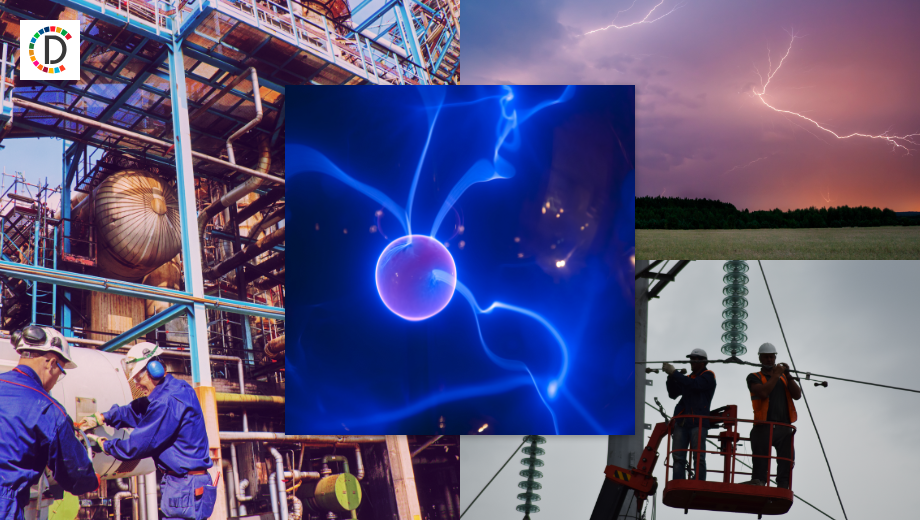India should focus closely on mobility electrification: IEA executive director

- Country:
- France
India should focus ''very'' closely on mobility electrification to secure its energy future, and oil import-dependent countries should incentivise electric vehicles, International Energy Agency (IEA) Executive Director Fatih Birol said on Monday.
He also said the world faces serious risks from the growing concentration of critical minerals, and urged countries to diversify mining and processing to avoid supply disruptions that could impact the energy transition.
Countries, which are importing oil, should consider giving incentives to electric cars in order to reduce the inbound shipments from different parts of the world, Birol added.
''In the case of India, I believe India should look at the electrification of mobility very closely because currently we have low oil prices, but it is definitely at the mercy of some of the key oil producers, where the oil prices will go up. If India wants to have the upper hand in terms of the domestic oil trajectories, electric cars are one of the key solutions,'' he told reporters after meeting Commerce and Industry Minister Piyush Goyal.
Goyal is here on a three-day official visit.
India is one of the drivers of the global clean energy transition, Birol said.
India has achieved a huge success story, especially under the solar front, and this is good for India's economy and its energy security, he noted.
''Every country has a different policy when it comes to electric cars, but countries who are importing oil, should consider giving incentives to electric cars in order to reduce the imports from different parts of the world, and at the same time, it is very important for the countries in terms of electric cars revolution, not to fall behind,'' he said.
There is a need for, at least for the time being, to support consumers in terms of buying their first electric cars.
Further, he said that electric cars are going ''very'' strongly around the world.
About four years ago, he said only 3 per cent of all cars were electric, and this year, 25 per cent of cars sold are electric.
''One out of four cars is electric. This is mainly because the electric cars are getting cheaper, slowly but surely. In many countries, electric cars and commercial cars, have the same prices, plus in most countries around the world, if not all, driving one kilometre of a car is cheaper with electricity than oil prices, unless oil prices go below USD 50,'' he added.
The world is going to see that sooner or later, electric cars will be dominating the streets of the world.
On the impact of trade war on energy transition, Birol said the critical minerals are key not only for energy transition, but also for the defence, and manufacturing of chips.
''We are seeing a major concentration. This is a worry because we at the IEA believe that the best energy security policy is diversification. But when we look at the critical minerals, mining and processing, it is being more and more concentrated, and it's a serious risk for the next years to come,'' he said, urging all the countries to ''try to diversify the mining and also refining and processing of key critical minerals otherwise, we may have unintended consequences of supply disruptions''.
Appreciating India's LED bulb programme, the ED said that Goyal is the architect of that, and it is one of the most successful programmes in the history of energy transition.
''It made the Indian electrification system much less expensive, and we make it much more friendly. This programme, together with the Ujjwala programme, bringing clean cooking to the hundreds of millions of households, is another success story, together with providing electricity access to Indian villages,'' he said.
(This story has not been edited by Devdiscourse staff and is auto-generated from a syndicated feed.)
- READ MORE ON:
- Piyush Goyal
- India
- Birol
- Indian
- International Energy Agency
- Commerce
- Fatih Birol
- Goyal
- Ujjwala
ALSO READ
Influx of Chinese E-Commerce Giants Reshapes Australian Retail Landscape
The Impact of Chinese E-Commerce in Australia: A New Era of Shopping
Indian Railways Modernization: A Leap Towards the Future
Ajanta Caves Inspire Indian Navy's Historic Vessel INSV Kaundinya
Indian Markets See-Saw Amidst Global Bond Turbulence










